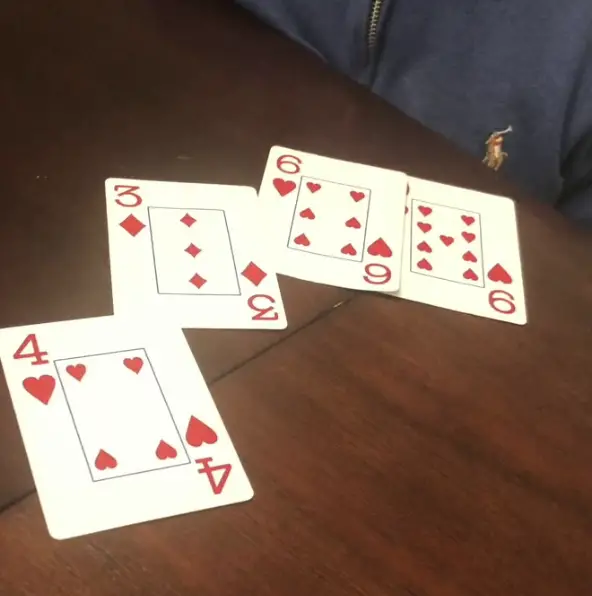
Mastering the Art of 21: A Beginner’s Guide to Playing the Classic Card Game
If you’re a fan of card games that combine luck and strategy, then the 21 card game is likely to capture your interest. Also known as “Twenty-One,” this game offers an enjoyable and fast-paced experience that can be played with friends or family. In this blog post, we’ll walk you through the rules and tactics of the 21 card game, so you can dive right into the excitement.
The Setup:
- The 21 card game is typically played with a standard 52-card deck.
- The game can accommodate 2 or more players.
Objective of the Game:
- The primary objective of the 21 card game is to reach a hand value of 21 points or as close as possible without exceeding it.
Gameplay Steps:
- Card Values: In the 21 card game, numbered cards are worth their face value (e.g., a 2 is worth 2 points), face cards (Jack, Queen, King) are worth 10 points each, and Aces can be worth either 1 or 11 points, depending on the player’s choice.
- Dealing: The dealer shuffles the deck and deals two cards face-up to each player. The dealer also receives two cards but keeps one face-up and one face-down.
- Player Turns: Starting with the player to the left of the dealer, each player takes turns deciding whether to “hit” (draw another card) or “stand” (keep their current hand).
- Reaching 21: Players can request additional cards (hit) until they decide to stand or their total card value exceeds 21. If a player’s hand value exceeds 21, they “bust” and lose the round.
- Dealer’s Turn: After all players have taken their turns, the dealer reveals their face-down card. The dealer must hit if their hand value is 16 or less and must stand if their hand value is 17 or more.
- Determining the Winner: Players aim to have a hand value that’s higher than the dealer’s without exceeding 21. If a player’s hand value matches the dealer’s, it’s a “push,” and they neither win nor lose.
Tips for Success:
- Strategically decide when to hit or stand based on your current hand value and the dealer’s face-up card.
- Aces can be valuable in creating a strong hand. They can be counted as 1 or 11, depending on your other cards and the likelihood of going bust.
Variations and Adaptations:
- The 21 card game has various versions and adaptations, including “Blackjack,” which is a casino variant with additional rules.
In Conclusion:
The 21 card game offers a thrilling mix of strategy and chance, making it a favorite among card game enthusiasts. With its simple rules and dynamic gameplay, the game guarantees an exciting and competitive experience for players of all ages. Whether you’re playing for fun or aiming to hone your card-playing skills, the 21 card game promises entertainment and engagement that never miss the mark. So gather your friends or family, shuffle the deck, and embark on rounds of thrilling hands in the quest to reach the magic number – 21!






